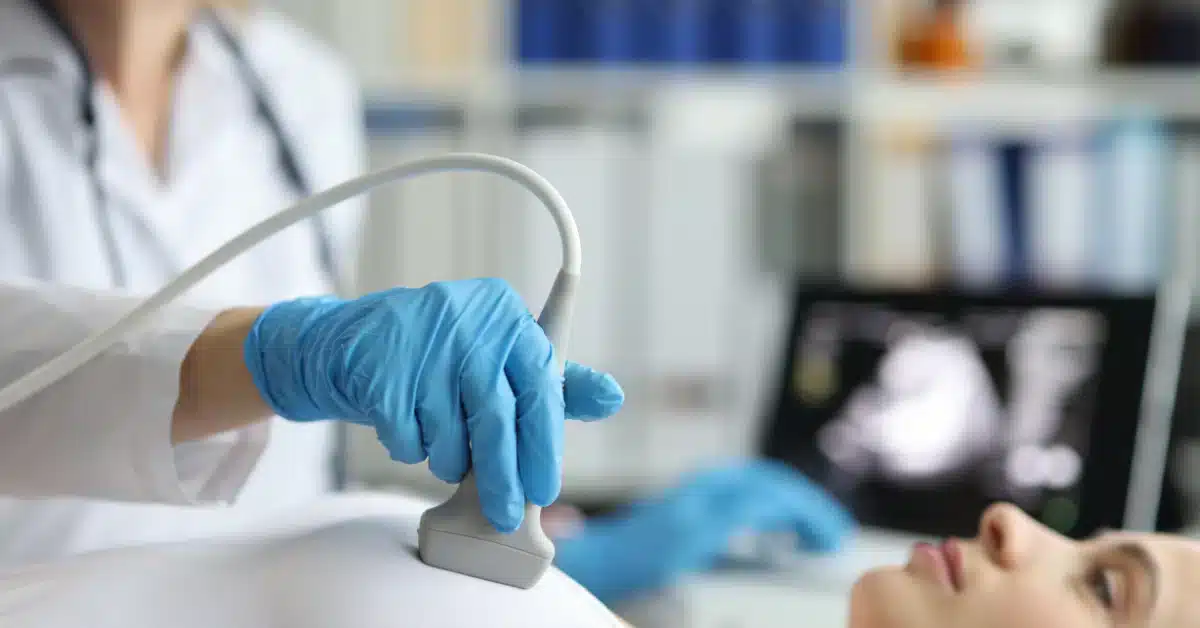Types of Breast Cancer: All You Need To Know
Breast cancer originates in the breast and can happen in either one or both breasts.
It is important to know that not all Breast cancers are the same.
The type of Breast Cancer is determined by where the cancer began in the breast, whether it has progressed, and whether certain hormones promote its growth.
Knowing the type of Breast Cancer can help get a proper diagnosis and treatment.
According to Cancer.Net, Breast cancer affects more women in the United States than any other type of cancer except skin cancer.
Every year, the disease accounts for one-third of all new female cancers.
Continue reading the article to know more about the different types of Breast Cancers.
Invasive Breast Cancers
When breast cancer is referred to as invasive, it has spread into the surrounding breast tissue.
The two types of Invasive Breast Cancer include:
Invasive Ductal Carcinoma (IDC)
It begins in a milk duct (the tubes in the breast that transport milk to the nipple) and spreads to other breast regions.
It is also known as infiltrative ductal carcinoma.
This Breast Cancer type makes up roughly 70%â80% of all cases, making it the most prevalent.
Invasive Lobular Carcinoma (ILC)
It begins in the breast’s lobules (a gland that makes milk).
It accounts for 10% of all breast cancers and is the second most common type.
Other Types of Invasive Breast Cancers

Certain invasive breast cancers have unique characteristics or develop in unusual ways, which affect their treatment and prognosis.
These Breast Cancers are less common but more severe than other types.
Triple-negative Breast Cancer (TNBC)
It is an aggressive type of Breast Cancer and is challenging to treat.
In this type of Breast Cancer, the cells lack Estrogen and Progesterone receptors and produce little or no amount of HER2 protein.
It accounts for about 10%-15% of all invasive Breast Cancers.
TNBC is distinct from other types of invasive breast cancer because it grows and spreads more quickly, has fewer treatment options, and has a worse prognosis.
Inflammatory Breast Cancer
It is a form of breast cancer that is aggressive, spreads quickly, and must be treated as soon as possible.
The cancer cells infiltrate the skin and block the lymph vessels of the breast, making them swell, turn red, and appear thick.
It is rare and accounts for around 1% to 5% of all breast cancers.
Metastatic Breast Cancer
It is a type of Breast Cancer that has the potential to spread throughout the body, like the liver, bones, lungs, and brain.
The term “metastatic” refers to cancer that has spread beyond the site of origin in the body.
It is also known as Advanced, Secondary, or Stage 4 breast cancer.
Male Breast Cancer
Breast Cancer occurs mainly in women, but men can get it, too, as they have breast tissue that can develop into Breast Cancer.
In the US, breast cancer is found in 1 out of 100 men.
Male and female cases of breast cancer share some characteristics.
However, there are also significant distinctions between the two.
The most prevalent type of Breast Cancer in men and women is Invasive ductal carcinoma – no specific subtype.
Paget Disease Of The Breast Or Nipple
It is an uncommon type of Breast Cancer that affects the nipple or the dark area around it, known as the Areola.
The affected area gets scaly, red, and itchy.
People with Paget Disease of the Breast often have one or more tumors inside the same breast, mostly Ductal Carcinoma In Situ or Invasive Breast Cancer.
Non-invasive Breast Cancer

Non-invasive or in situ breast cancer does not spread beyond the breast tissue where it began.
It is also known as Precancers.
The two main types of Non-invasive Breast Cancer include:
Ductal Carcinoma In Situ (DCIS)
It is a type of Non-invasive Breast Cancer where abnormal cells are discovered in the lining of the milk duct.
It is an early form of Breast Cancer as the abnormal cells do not spread to the surrounding breast tissues.
It is not life-threatening and highly curable.
However, if left untreated, it can become invasive and spread to other breast tissues.
Lobular carcinoma In Situ (LCIS)
It is a form of Breast Cancer that grows in the lobules – the gland that makes milk.
It does not spread outside the breast tissue and can be treated.
It is not life-threatening, but early treatment and detection are needed so that it does not become an invasive Breast Cancer.
Cancerous Phyllodes Tumors of the breast
Phyllodes tumors are uncommon breast tumors that begin in the breast’s connective (stromal) tissue rather than the ducts or glands.
Only a tiny percentage of phyllodes tumors are malignant, and the majority are benign.
Women of any age can develop phyllodes tumors, but it is most prevalent in women in their 40s.
Early diagnosis is the key to better treatment.
Takeaway
Breast Cancer can be of different types.
It is divided into Invasive and Non-invasive Breast Cancers.
Invasive Breast Cancers include Invasive ductal carcinoma (IDC), Invasive Lobular Carcinoma (ILC), and Other Types of Invasive Breast Cancers.
Non-invasive Breast Cancers include Ductal Carcinoma In Situ (DCIS) and Lobular Carcinoma In Situ (LCIS).
Cancerous Phyllodes Tumors of the breast are rare breast tumors that begin in the breast tissue and then the glands.
Consult a specialist to know more about the diagnosis and treatment of any type of Breast Cancer.
Frequently Asked Questions
WowRx uses only high-quality sources while writing our articles. Please read our content information policy to know more about how we keep our content reliable and trustworthy.






